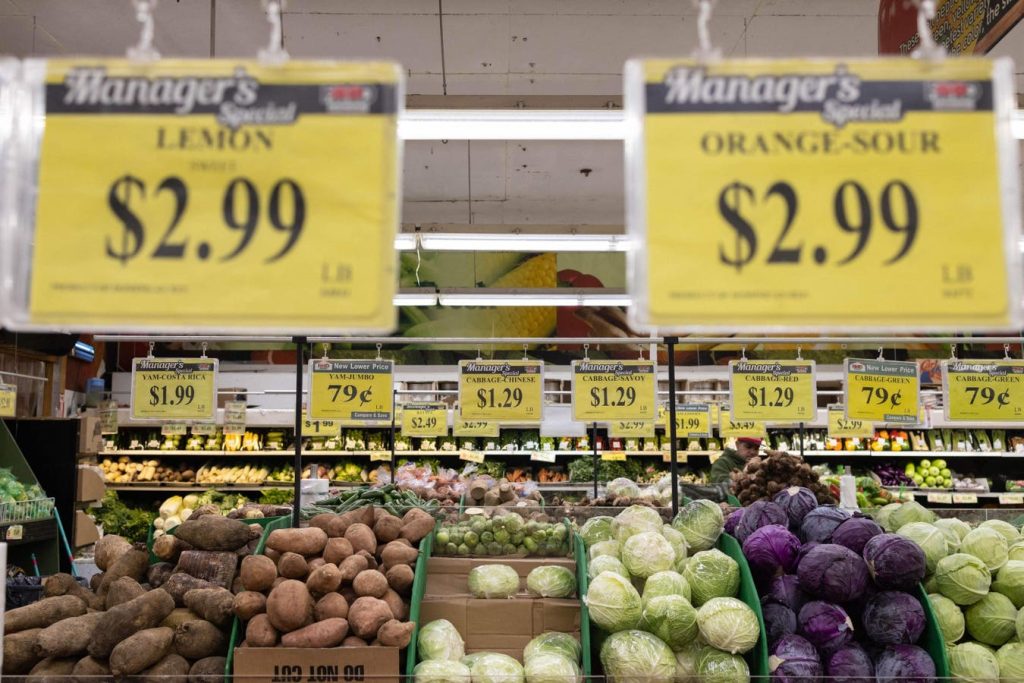The Looming Threat of Trade Wars and Tariff Hikes: A Potential Impact on American Consumers
The global trade landscape is bracing for potential upheaval as the prospect of new tariffs looms large. These proposed tariffs, aimed at bolstering domestic industries and addressing perceived trade imbalances, could have far-reaching consequences for American consumers, businesses, and the global economy. The core argument for these tariffs is the belief that they will revitalize American manufacturing, create jobs, and level the playing field in international trade. However, the potential for retaliatory measures and price increases for consumers raises concerns about the overall efficacy and potential negative impacts of such policies.
The mechanics of tariffs involve a tax levied on imported goods, a cost that often gets passed down to the consumer in the form of higher prices. While tariffs aim to incentivize consumers to purchase domestically produced goods, the reality is that many industries rely on global supply chains and imported components. This interconnectedness means that tariffs on raw materials or intermediate goods can ripple through the economy, impacting a wide range of finished products. The historical use of tariffs in the United States demonstrates their potential to generate government revenue, but also underscores the risks of trade wars and economic disruption. The proposed tariffs target a broad range of goods, from automobiles and electronics to everyday household items and groceries.
Specific proposals include tariffs on goods from Mexico and Canada, aimed at curbing the flow of fentanyl and illegal immigration, as well as substantial tariffs on imports from China, intended to address trade imbalances and intellectual property concerns. Further proposals target countries that might consider moving away from the US dollar as the primary currency for international trade. These proposals reflect a broader strategic goal of reshaping global trade dynamics and asserting American economic dominance. However, the potential for these tariffs to trigger retaliatory measures from other countries remains a significant concern, as it could lead to a cascade of trade restrictions and harm global economic growth.
The potential impact on consumer prices is substantial. Tariffs on imported components could significantly increase the cost of manufactured goods, from electronics and appliances to automobiles. Even seemingly domestic products often rely on imported parts, making them vulnerable to price hikes. Groceries, a staple of consumer spending, could also be affected, as many fruits, vegetables, and other food products are imported from targeted countries. The ripple effect of tariffs could impact not only the directly targeted goods but also related industries. For instance, if the price of imported beer increases due to tariffs, domestic beer producers might also raise their prices, even if they are not directly affected by the tariffs.
Experiences from previous tariff implementations offer insights into the potential consequences. Past tariffs have led to price increases on consumer goods, impacting household budgets and potentially dampening consumer spending. While the stated goal of tariffs is to protect domestic industries, the reality is that they can also harm American businesses that rely on imported materials or export their products to targeted countries. Retaliatory tariffs imposed by other countries can further exacerbate the negative economic impact, leading to job losses and reduced economic growth.
Consumers can take steps to mitigate the potential impact of tariffs on their finances. Seeking out discount retailers, exploring local farmer’s markets, and considering bulk purchases can help manage rising grocery costs. For larger purchases like appliances and electronics, comparing prices and considering alternative brands or models that might be less affected by tariffs can be a prudent strategy. Staying informed about the evolving trade landscape and adjusting spending habits accordingly can help consumers navigate the potential economic uncertainties arising from tariff implementations. However, the long-term effectiveness and overall economic impact of these proposed tariffs remain uncertain, warranting careful consideration and ongoing analysis.

